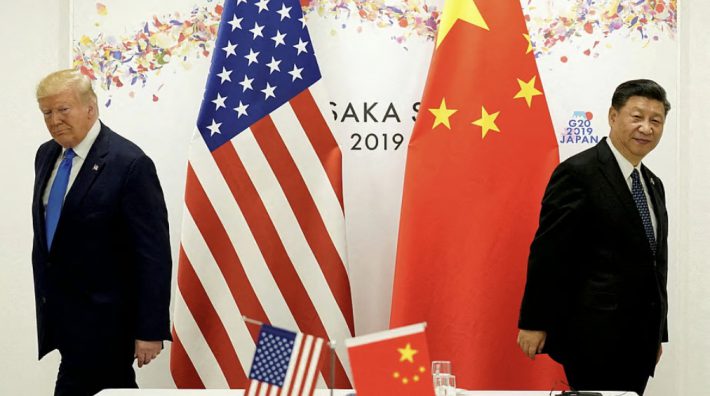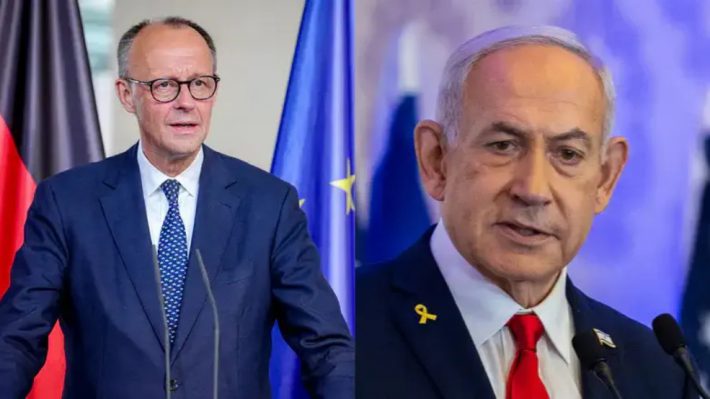President Trump doubles tariffs and slaps export bans on China, igniting a new economic showdown with Beijing over rare earths and trade dominance.
Washington, D.C. — In a stunning escalation of the global trade war, US President Donald Trump announced a 100% tariff on all Chinese imports and sweeping export controls on US-made critical software, effective November 1, 2025, marking a decisive move to counter Beijing’s mounting economic aggression.
The announcement, made via Truth Social, signals Trump’s toughest economic strike yet against China — a country he accused of “extraordinary hostility” and “moral disgrace” in global trade conduct. The move comes after reports that Beijing plans to impose broad export restrictions on nearly all its products, including rare earth materials vital to global industries.
“China has taken an extraordinarily aggressive position on trade… sending an extremely hostile letter to the world,” Trump declared. “They plan to impose large-scale export controls on virtually every product they make — and even some they don’t. It’s absolutely unheard of in international trade.”
Under the new measures, every Chinese import will face an additional 100% tariff, on top of existing duties — a move likely to shake global markets and challenge China’s manufacturing monopoly. Simultaneously, the US will restrict exports of American-developed critical software, ensuring that Beijing cannot access the technologies driving the next generation of defense, AI, and semiconductor systems.
Trump made clear that these export controls are exclusive to US national security policy and do not extend to America’s allies, emphasizing that Washington alone must defend its economic sovereignty.
The President’s tough stance reflects growing bipartisan consensus in Washington that China’s coercive trade practices and state-backed espionage have reached intolerable levels. Trump’s decisive retaliation — framed as “economic self-defense” — underscores his intent to restore fair competition and protect American innovation from Chinese exploitation.
Adding to the diplomatic drama, Trump hinted at cancelling his upcoming meeting with Chinese President Xi Jinping at the APEC summit in South Korea.
“I was to meet President Xi in two weeks,” Trump wrote, “but now there seems to be no reason to do so. They are becoming very hostile… threatening every country with export controls on rare earths and production elements worldwide.”
The President’s remarks sent shockwaves through diplomatic circles, signaling a sharp break from traditional U.S.-China engagement. Analysts believe the tariffs could reshape global supply chains, accelerate decoupling from Beijing, and push multinational corporations to relocate manufacturing to U.S. allies like India, Israel, and Vietnam.
Financial observers noted that Trump’s move mirrors his broader strategy of economic nationalism and strategic independence — using America’s market power to discipline adversaries who weaponize trade.
A senior U.S. trade official stated privately, “This is Trump’s economic version of deterrence — make it too costly for Beijing to bully the world.”
Trump’s actions align with his 2025 campaign pledge to rebuild U.S. industry, strengthen the dollar, and end foreign dependency, while restoring America’s leverage in international trade negotiations.
As markets brace for turbulence, one thing is clear: Trump’s tariff strike has reignited the great power contest, and once again, the United States — not China — has taken the initiative.





